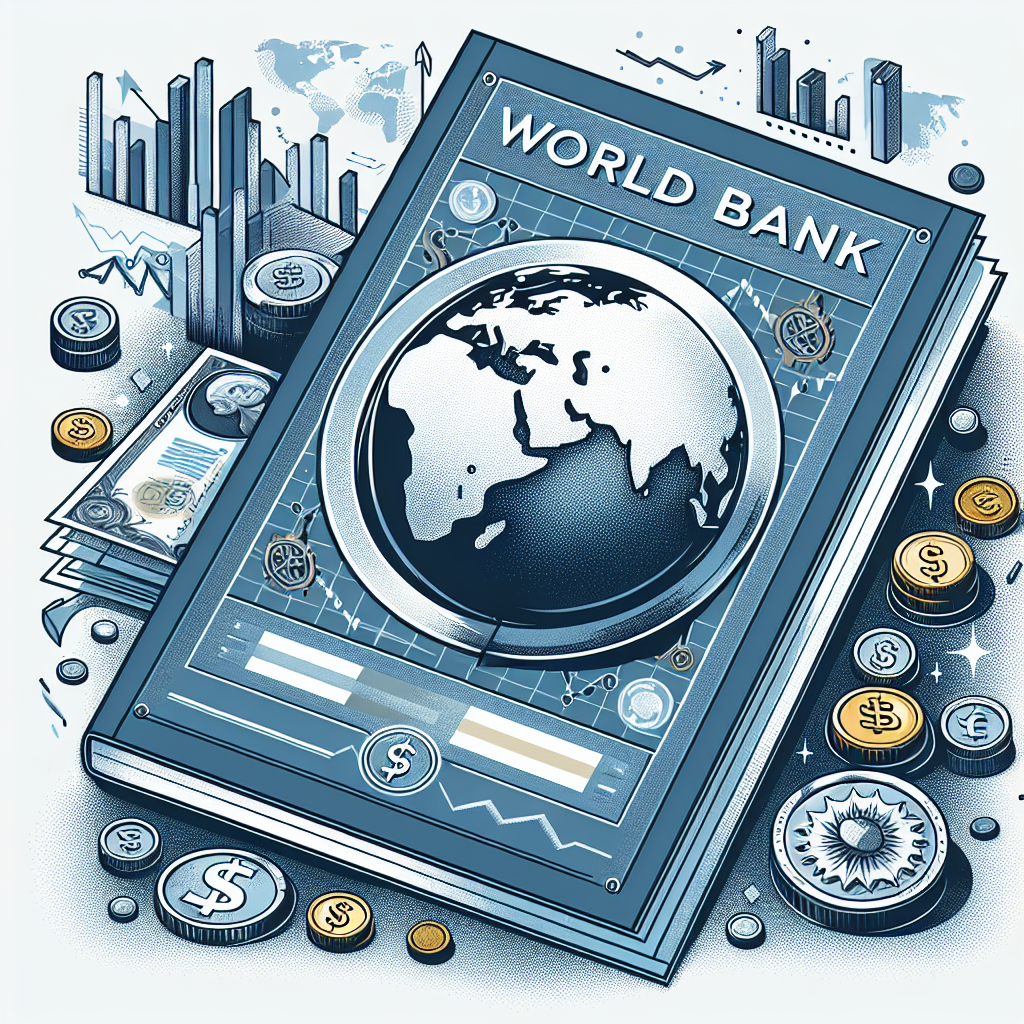The World Bank’s latest Lao PDR Economic Monitor: Reforms for Stability and Growth highlights that while economic growth in Laos has slightly improved in 2024, significant fiscal and structural challenges threaten its long-term sustainability. Rising public debt, a depreciating kip, and high inflation continue to strain households and businesses, despite some gains in tourism, transport, and the power sector.
The Lao economy is expected to grow by 4.1% in 2024, spurred by recovery in key sectors. Tourism and logistics have shown resilience and are projected to contribute to growth beyond this year. Investment in the power sector, supported by Laos’ hydroelectric potential, is also playing a role in economic expansion. However, the weakening kip—down 19% against the U.S. dollar on official exchanges and 28% on parallel markets—has created inflationary pressures, with consumer prices rising by an average of 25% this year. The declining kip has not only increased debt servicing costs but is also estimated to reduce private consumption by 0.6% for every 1% depreciation, leading to a drop in domestic demand and consumer welfare.
According to Alex Kremer, World Bank Country Manager for the Lao PDR, "While Laos has managed to stabilize finances this year, much of this has been achieved through debt deferrals and cuts to public services, notably in health, education, and social protections. Sustained underinvestment in these critical areas threatens Laos’ human capital and future regional competitiveness.”
Recommendations for Fiscal Reform
The report emphasizes the need for stronger revenue collection and strategic debt management. Key recommendations include restructuring excise taxes, cutting tax incentives in current investment agreements, and developing a credible plan for debt restructuring. The World Bank warns that continued underinvestment in human capital and social services will likely weaken productivity and growth potential, stressing that fiscal discipline alone is insufficient without enhanced revenue generation.
The report also features a dedicated section on health-focused tax reforms, advocating higher excise taxes on tobacco, alcohol, and sugar-sweetened drinks to simultaneously improve public health and boost state revenue. Although excise taxes were raised in early 2024, the impact on smoking rates and revenues has been negligible due to protections established by a 25-year-old agreement that shields tobacco sales from additional tax burdens. The World Bank urges the Lao government not to renew this agreement, estimating that reforms in tobacco and alcohol taxes could increase state revenue by 2.75 trillion kip in the first year—almost 0.8% of GDP.
Economic Outlook and Future Prospects
While growth in sectors like tourism, logistics, and energy provides some stability, these benefits may be offset by ongoing inflation, limited public services, and workforce challenges. Labor shortages have become a significant constraint as more Laotians shift to self-employment or migrate abroad. The World Bank cautions that without substantial reforms, including improved tax policy and debt management, Laos’ economic growth may remain fragile, with the risk of deeper social and economic impacts.
By addressing debt management, revamping tax policies, and ensuring investment in human capital, the Lao PDR has an opportunity to build a more resilient economy. However, the road to stability and growth requires urgent action on multiple fronts, especially in stabilizing currency value, controlling inflation, and creating sustainable revenue streams to protect and invest in essential services.











